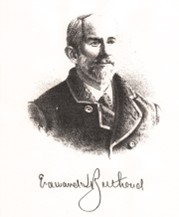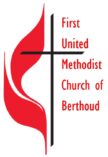Little Thompson / Berthoud Pioneers
In the early 1870s, when Colorado was still a territory and not a state, a group of settlers founded a colony about 5O miles north of Denver on the banks of the Little Thompson River. They called it Little Thompson.
In 1873 a cattle rancher named Lewis Cross, one of the valley’s first homesteaders, built a 12′ x 16′ one-room log cabin, which served as the community’s first school and church. In addition to establishing the first school and church, Lewis Cross also launched the first Post Office in Little Thompson, he also served as the Justice of the Peace, and as the County Commissioner. He was also instrumental in keeping Berthoud dry.

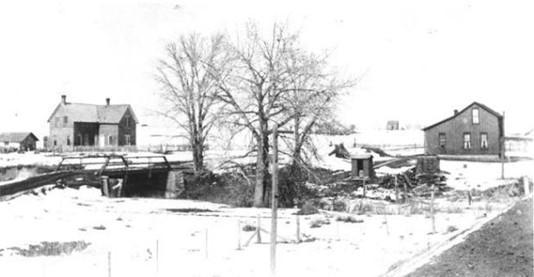
Before the United Brethren church sent preachers to northern Colorado, community members held Sunday school and church in homes and schools. Davis Baxter was one of the local homesteaders who organized a Sunday school that met in the Cross cabin. Baxter was assisted in setting up a Sunday school by Stephen Osborne. Osborne was known to load an organ into a wagon and haul it to the cabin so that there could be music at church.
One pastor who served the church in Little Thompson was W H. McCormick, who, as an itinerant minister, preached in the Cross cabin. McCormick, a well-educated man who was regarded as a powerful orator, and his descendants lived in the area for many years. Itinerant preachers like McCormick traveled by horseback or by horse and buggy and preached weekly in private homes and schools until churches were built.
In 1874 the United Brethren Church established 30 “mission stations” in northern Colorado Territory. The Big Thompson Mission covered a huge area that included the drainages of the Little Thompson, Big Thompson, and Cache la Poudre Rivers.
In 1875 it was decided that the church at Little Thompson should be attached to the Big Thompson Mission. Reverend H. Archaret was appointed to serve as the small church’s pastor.

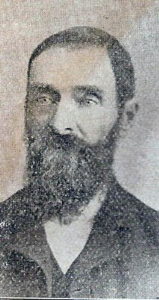
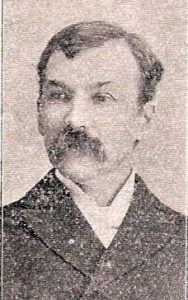
In 1876 Colorado became a state. One year later, when the Colorado Central Railroad crossed the valley in 1877, Little Thompson was given the name of Berthoud, in honor of Captain E. L. Berthoud, who surveyed the route for the new railroad.
In the winter of 1883-84, the buildings that had originally formed the Little Thompson settlement – perhaps a dozen – were moved to the bluff to the north at the request of the railroad company. Berthoud took its place at its present location. The church was then detached from the Big Thompson Mission and combined with Mount Zion, located a few miles southwest of present-day Mead.
